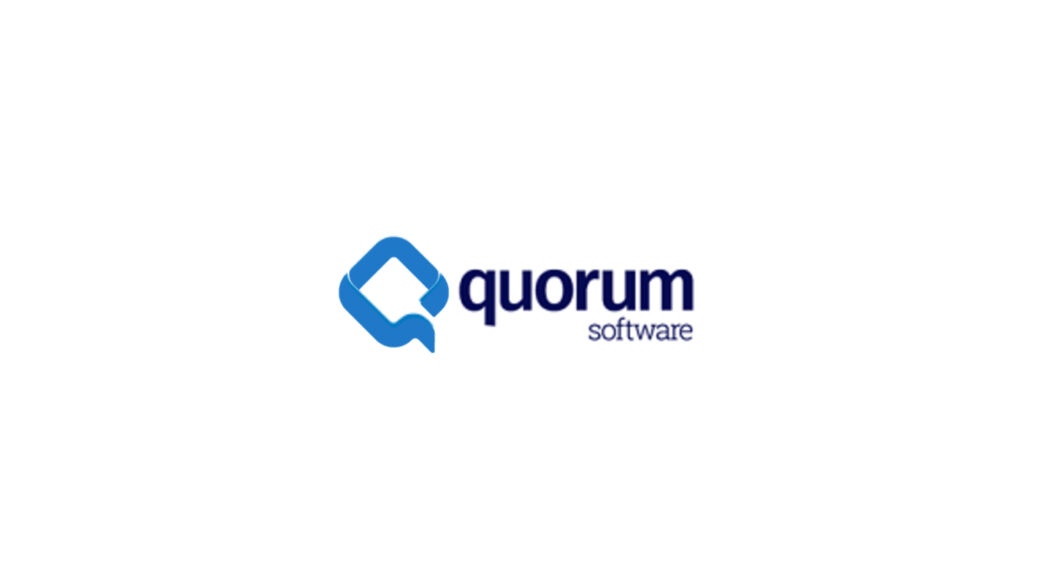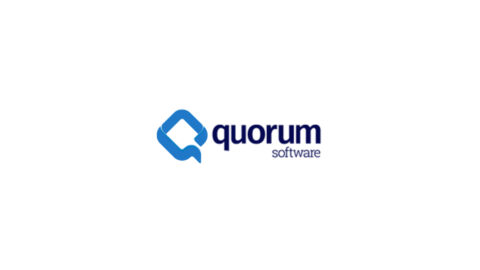
We recently released a whitepaper, Evolution not Revolution: Digitally Enabling the Modern Energy Workplace, where we highlighted the elements of a modern, future-oriented software platform. While not a new concept, platforms evolved in recent years as technology advanced and with it, business models. In fact, this constant drum beat of pushing technology and business forward is a frequent focus and topic of industry press, tech publications, and analysts (both industry and financial).
There is a great deal of value in the constant analysis we perform on technical innovation and its influence over business strategies and models; it helps us learn from other industries, apply and adapt new techniques to our needs, and course correct when appropriate. The oil and gas industry is now shifting to a new technological approach where companies are no longer focusing solely on hardware and operating technology. This is supported by Kevin Prouty of IDC, “…user executives need to look at their entire operation and assess their ability to break down silos and break the pattern of building operations around relatively rigid software systems.” 1
Kevin’s advice is well timed as the role of software evolves. Gone are the days of best-of-breed, point solutions; because, they reinforce the barriers between departments and put a stranglehold on advancing the company into the modern energy workplace. A platform-centric approach is key to adopting the modern energy workplace. It facilitates business agility, open collaboration, a spirit of innovation, a data-driven culture, and helps address a transitioning workforce. Though for a specialized industry, like oil and gas, the platform should be grounded in industry expertise and experience. It drives digital across your energy value chain with integration, flexibility, extensibility, agility, and openness, which are all key aspects of what IDC calls the 3rd Platform.
To understand the roles of software, a platform, and digital in the modern energy workplace, I sat down with our CMO Olivier Thierry — or as we call him, OT. Below are the questions that spurred the conversation, but I urge you to listen to the recording and download the whitepaper as well.
-
- Why is now the time for our oil and gas customers to adopt a software platform?
-
- If customers are wanting agility, to accelerate innovation, and to drive efficiency across the enterprise, isn’t a platform just a bigger monolith that’s going to lock in a single vendor?
-
- What are some benefits of leveraging a platform over a best-of-breed, point solution? Have we seen this transition pay off in other industries or even segments of industries?
-
- How important do you think the evolutions of software design, development and delivery are for creating additional value through software beyond simply documenting a transaction and recalling it later, for example?
-
- Can you put everything we have been discussing into the context of what we are doing here at Quorum?
-
- What do you see as our next technology frontier or how do we evolve our current platform extensions — myQuorum AI, Design Studio, and Data Hub?
1 Source: IDC Perspective: Quorum Transforming in the New Oil and Gas Market, by Kevin Prouty, July 2018, IDC, Doc # US44075118
#Software #Evolve
Tags: Coastal Flow Coastal Flow Measurements Coastalflow Evolve Software








